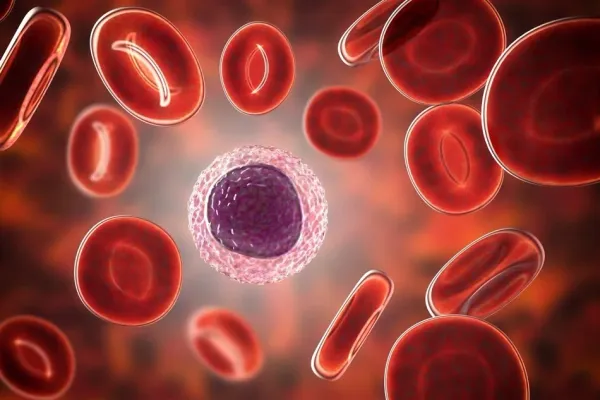The FDA has approved RNA COVID-19 vaccines and granted them an EUA

The licenses and authorizations coincide with a late summer rise of the virus, which is tracking somewhat sooner than the early fall wave in the United States in 2023
The FDA has recently given its approval and Emergency Use Authorization (EUA) for the latest formulas of messenger RNA (mRNA) vaccines produced by Moderna and Pfizer. This announcement was made in a press release on August 22, 2024 (1). These vaccines contain a single component that targets the Omicron variant KP.2 strain of SARS-CoV-2.
Pfizer announced in a separate press release that their version of the product will be shipped right away and will soon be accessible in pharmacies, hospitals, and clinics throughout the United States.
According to the FDA press release, Peter Marks, MD, PhD, director of FDA’s Center for Biologics Evaluation and Research, emphasized the importance of vaccination as a crucial measure in preventing COVID-19. These updated vaccines have been thoroughly tested and meet the highest standards for safety, effectiveness, and manufacturing quality set by the agency. We highly recommend that individuals who are eligible consider getting a COVID-19 vaccine update to enhance their protection against the current variants, as the population's immunity from previous exposure and vaccination is decreasing.
In April 2024, the European Medicines Agency (EMA) released a report based on a workshop held in February 2024, addressing the ongoing development and emergence of SARS-CoV-2 variants. The report specifically focused on COVID-19 vaccine strains. During that period, EMA emphasized the significance of creating and evaluating up-to-date vaccines for approval.
In a remarkable display of foresight, the February workshop accurately anticipated the timing for the approval and availability of updated vaccines, even before the late-summer COVID surge in 2024.
According to a report called Global Perspectives on COVID-19 Vaccines Strain Update, regulatory authorities recommend a strain update in November/December or April/May. This update will ensure that all authorized vaccine technologies, including mRNA, protein/adjuvanted, and inactivated vaccines, are ready for the autumn vaccination campaign in both hemispheres.
The importance of international agreement on the process and timing of COVID-19 vaccine strain updates cannot be overstated, given the ongoing changes in SARS-CoV-2. This was emphasized by the EMA in their press release outlining the April report.
In June 2024, manufacturers were informed by the FDA that the recommended formula for the 2024-2025 vaccine should be a monovalent JN.1-lineage vaccine. Subsequently, the guidance was updated to suggest that if possible, the targeted strain should be KP.2.
The FDA has recently released guidelines for individuals who are interested in receiving the vaccine.
Children between the ages of six months and four years can receive either three doses of the authorized Pfizer-BioNTech COVID-19 vaccine or two doses of the authorized Moderna COVID-19 vaccine.
Children between six months and four years old who have already received a COVID-19 vaccine can now get one or two doses of the approved Moderna or Pfizer-BioNTech COVID-19 vaccines. The specific timing and number of doses will depend on the type of COVID-19 vaccine they received previously.
Children between the ages of five and 11, regardless of their vaccination history, can now get a single dose of the approved Moderna or Pfizer-BioNTech COVID-19 vaccines. If they have been vaccinated before, the dose should be given at least two months after their last COVID-19 vaccine.
People who are 12 years old and above can get one dose of either the updated Comirnaty or the updated Spikevax. If you've already been vaccinated, you should wait at least two months since your last COVID-19 vaccine dose before getting this one.





